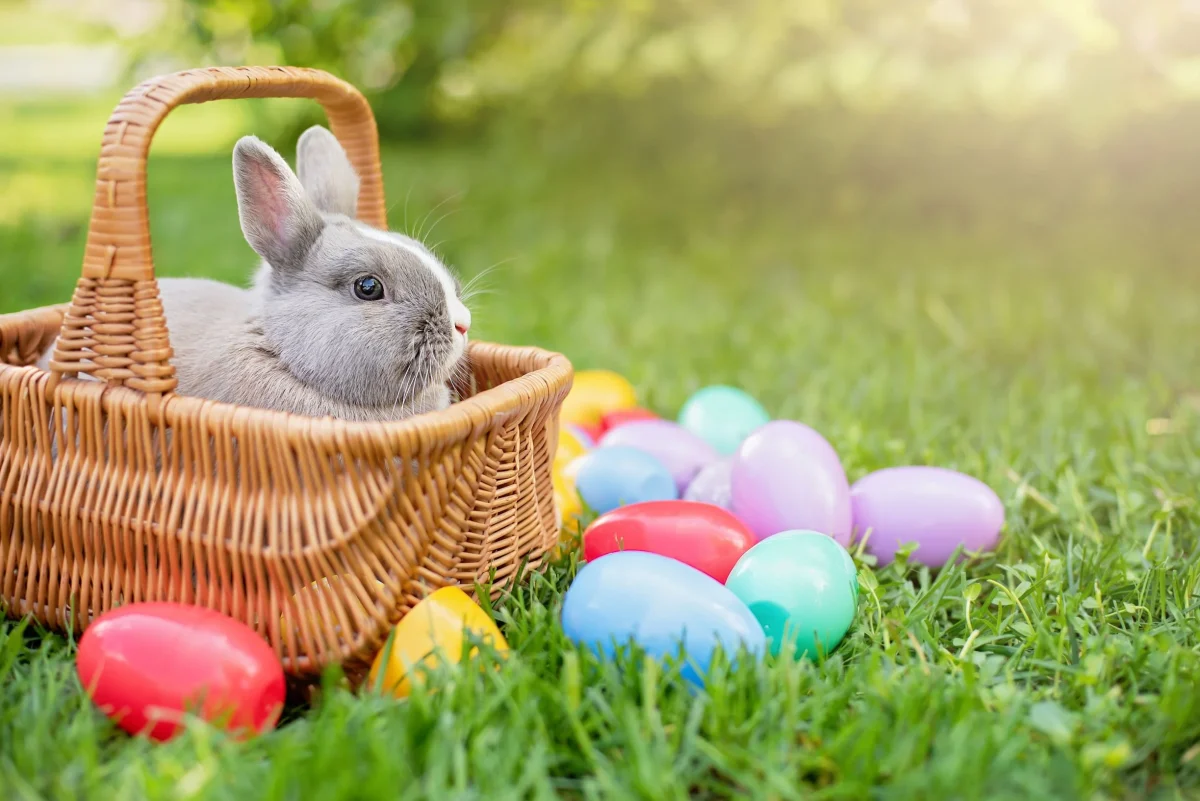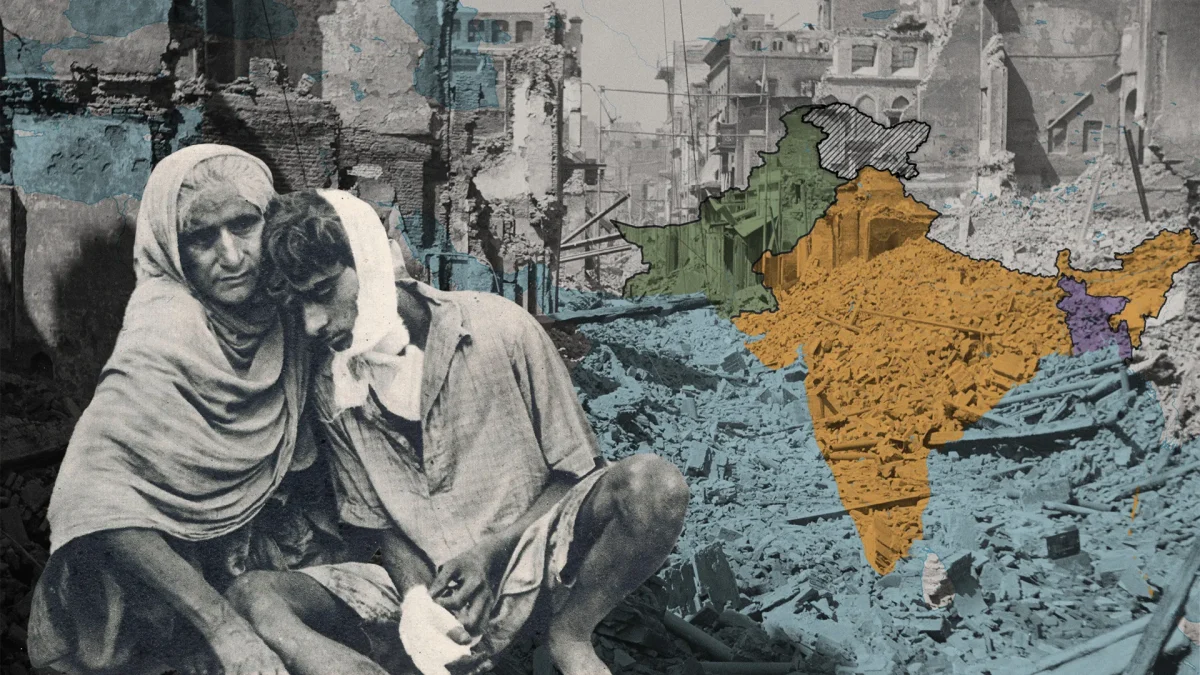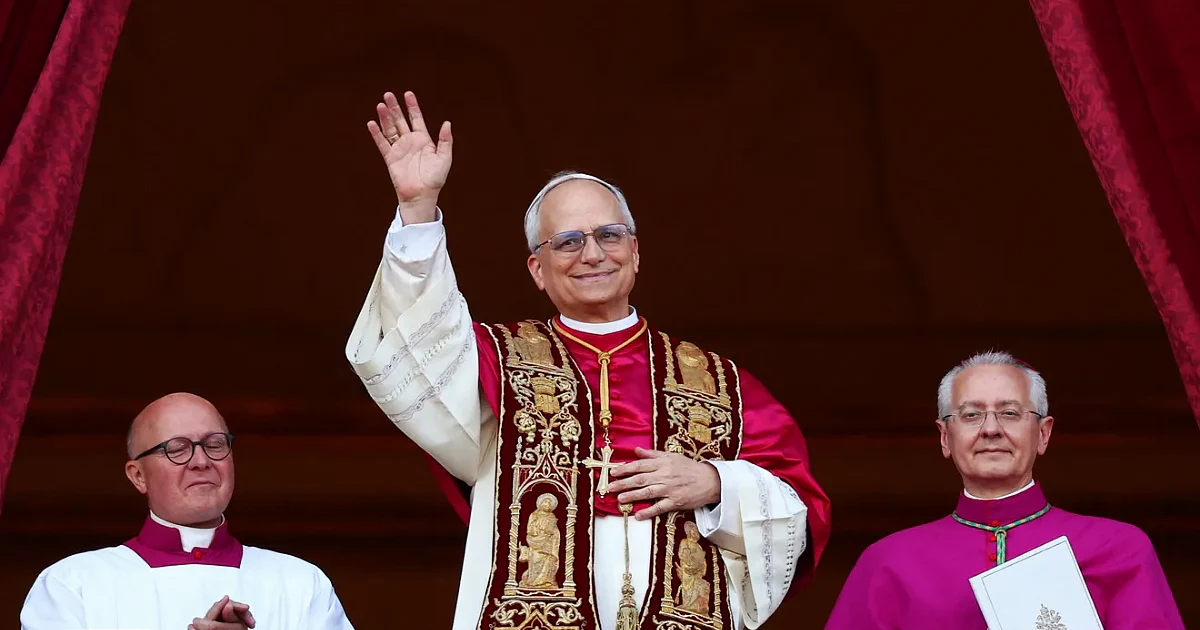I’m sure most, if not all, people of reasonable age remember a time they went to the mall or some festive activity around this time of year to go and meet the Easter Bunny. Or similarly, have gone on hunts for eggs laid by the same creature…But why? Where did this creature come from and why do we love it so much? How is it related to the Christian holiday that is Easter?
Considering the holiday is one based on religion, some may assume that hints about the origin of the Easter bunny could be found in the Bible, but the book makes no mention of a long-eared, short-tailed fluffy creature who delivers adorned eggs hiding treats to children on Easter Sunday. So without any information from the Bible, the exact origins of this mythical mammal are unclear to many. However, according to some sources, the Easter bunny first arrived in America in the 1700s with German immigrants who settled in Pennsylvania and transported their tradition of an egg-laying hare known by the name of “Osterhase” or “Oschter Haws.” The children of these immigrants soon made nests for the bunny to lay its beautiful eggs. Eventually, the tradition spread across the US and the rabbit’s Easter morning deliveries began to include yummy bits of chocolate and other types of candy or gifts.
Many, if lucky and well-behaved, may even receive money or books in decorated baskets (that have since replaced handmade nests). Personally, my best Easter Sunday memories include a new book with a gift card to a favorite store of mine. Additionally, extra festive children or families have been known to leave out carrots for the bunny in case he gets hungry from all his gift-giving. But do not be confused with baby carrots, no, the carrots given should be straight from the ground in a full bunch with the stem and everything!
With that, it may be interesting to know the reasons for the tradition of having eggs. Personally, I would not have ever guessed that a mythical rabbit would lay eggs had I not known it was for a holiday. As we now know (and likely previously knew), Easter is a religious holiday. And although it is that, some of its customs may be linked to Pagan traditions. The egg, for example, an ancient symbol of new life, has been associated with Pagan festivals celebrating spring. On the other side, from a Christian perspective, Easter eggs are said to represent Jesus’s resurrection.
So with the eggs’ origin now known, what about their various decorations and dipping in food coloring? This tradition dates back to the 13th century, although it was likely not what we experience today. According to some sources, it may have started as eggs were formerly a forbidden food during Lent. This led to people painting and decorating them to mark the end of penance and fasting. Finally, at the end of Lent, the beautiful and delicious eggs were eaten as a celebration. Not quite what we know it as today.
But now that it is somewhat clear where the bunny and eggs came from, why in the world do we hunt for them? What’s the point? Do we just do it for the Sweets? Chocolate? Money?… The custom of the Easter egg hunt comes from Germany, like other aspects of the holiday like the former name of the Easter Bunny. Some suggest that its origins can be dated back to the late 16th century when the Protestant reformer Martin Luther organized egg hunts for the congregation he was a part of. The men would hide the eggs for the women and children to find which again, was a way to symbolize the story of Jesus’s resurrection, in which the empty tomb was discovered by women.
One instance of a grand celebration of the holiday occurs in the US. The White House hosts its annual Easter Egg Roll; a race in which children push decorated, hard-boiled eggs across the White House lawn. The first official White House egg roll was in 1878 when Rutherford B. Hayes was president. The event allegedly has no religious significance, although some people have considered the egg rolling symbolic of the stone blocking Jesus’s tomb being rolled away, leading to his resurrection. This is similar to the significance of having eggs in the first place.
So while in the past the origins of the holiday were greatly religious, for the bunny, the eggs, and even the hunt itself, today, Easter can be celebrated by all and anyone.












